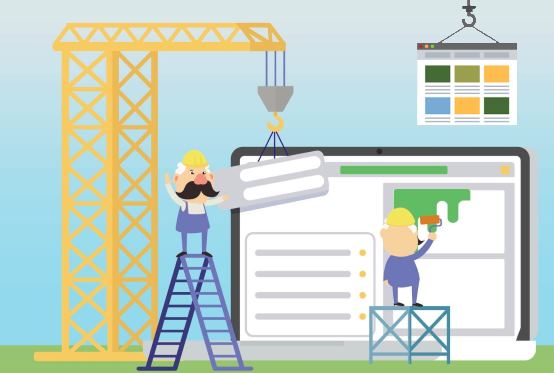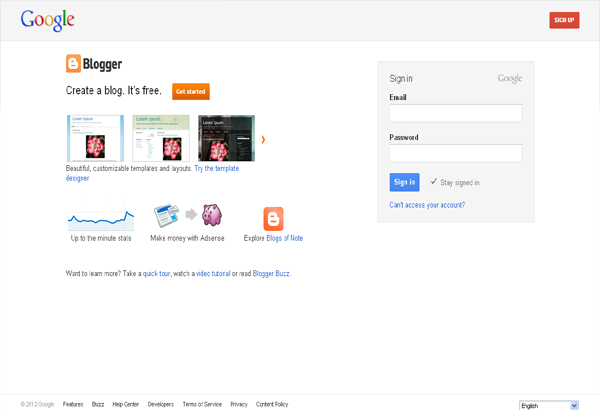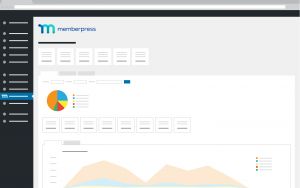wordpress considers historic development change

The goal of this approach is to keep WordPress fast and lean while also encouraging development of experimental features in the form of plugins..
There would be relationship between core and these plugins that ensured that ) the plugin code would be secure and the best possible example of coding standards, and b ) that new versions of WordPress would be tested against these plugins prior to release to ensure compatibility...
By third parties that might limit features order to encourage purchase of These plugins are called canonical because they are developed by WordPress team as opposed to non-canonical plugins that are created-version..
Integration of canonical plugins into WordPress core itself would be considered once the technology has proven to be popular and essential to the majority of users..
The benefit of this new approach to WordPress would be to avoid adding new features that might not be needed by the majority of users..
Plugin-first could be seen to be in keeping with WordPress philosophy called Decisions, Not Options.
Matt Mullenweg published post titled, Canonical Plugins Revisited, in which he made the case that this is the way that WordPress should be developed moving forward..
The casualty of this new approach is the cancellation of integrating WebP into the version of WordPress, WordPress 6.1, scheduled for November 2022..
Ultimately, the commenter expressed the idea that the concept of canonical plugins seemed like way to shut down discussions about features that should be considered, so that the conversation never happens...
indicator will be in what happens with WebP feature that was intended to be integrated into the core and will now become plugin..
Read more
There would be relationship between core and these plugins that ensured that ) the plugin code would be secure and the best possible example of coding standards, and b ) that new versions of WordPress would be tested against these plugins prior to release to ensure compatibility...
By third parties that might limit features order to encourage purchase of These plugins are called canonical because they are developed by WordPress team as opposed to non-canonical plugins that are created-version..
Integration of canonical plugins into WordPress core itself would be considered once the technology has proven to be popular and essential to the majority of users..
The benefit of this new approach to WordPress would be to avoid adding new features that might not be needed by the majority of users..
Plugin-first could be seen to be in keeping with WordPress philosophy called Decisions, Not Options.
Matt Mullenweg published post titled, Canonical Plugins Revisited, in which he made the case that this is the way that WordPress should be developed moving forward..
The casualty of this new approach is the cancellation of integrating WebP into the version of WordPress, WordPress 6.1, scheduled for November 2022..
Ultimately, the commenter expressed the idea that the concept of canonical plugins seemed like way to shut down discussions about features that should be considered, so that the conversation never happens...
indicator will be in what happens with WebP feature that was intended to be integrated into the core and will now become plugin..
Read more
Report
Related items:















